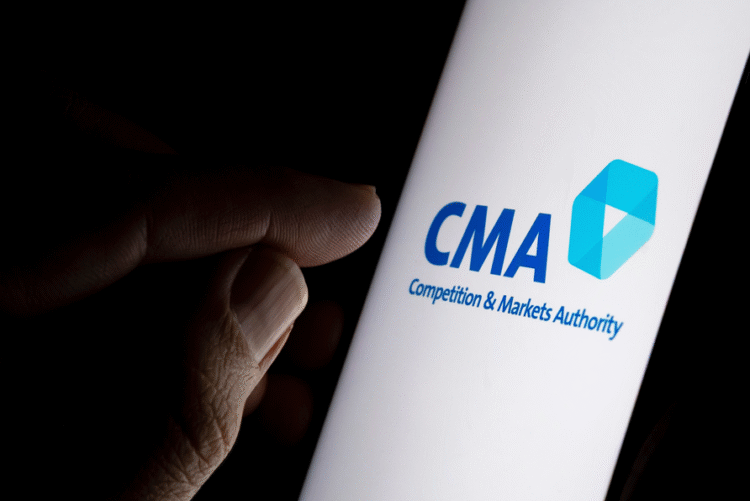The UK’s competition watchdog has published fresh guidance warning HR and reward professionals against anti-competitive behaviour in recruitment and pay-setting.
The new guidance follows a high-profile case in March where major broadcasters were fined millions of pounds for colluding on freelancer rates.
The Competition and Markets Authority’s (CMA) ‘Competing for Talent’ guide was drawn up after BT, ITV, IMG and the BBC exchanged sensitive information on freelance pay, resulting in fines of more than £4.2 million. The broadcaster Sky was also involved but avoided a penalty by blowing the whistle and co-operating with the investigation.
The case exposed how emails and WhatsApp messages between competitors were used to align pay rates for camera operators, producers and sound technicians.
The CMA said that competitively sensitive information about freelancers pay was shared on 15 occasions. Each time a pair of the companies was involved and in most cases the explicit aim was to coordinate how much to pay freelancers, which broke the law.
In one exchange, employers said: “We pay our Studio Vision Mixers £(X) per day for a 10x hour shift.” The reply from their competitor was: “That’s exactly the same as we pay. Good to know we are aligned there.”
Another exchange began: “When we raise rates, I always try to canvas opinion so as not to cause too much ‘market’ disruption.” Their competitor responded: “On this occasion I think it sensible that we present a united front.”
One WhatsApp message to a competitor read: “We’re thinking some rates might need adjusting for 2022/23 but want to be aligned. Wanted to be clear we have no intention of getting into a bidding war just want to be aligned and benchmark the rates. Also sick of being told we are not paying what others are which I inherently distrust.”
Clear pay guidance
The CMA’s new guide makes clear that competition law applies to labour markets as much as it does to goods and services.
The guide sets out three types of illegal agreements or activity between employers: ‘no-poaching agreements’ (promises not to recruit or approach each other’s staff), ‘wage-fixing agreements’ (coordinating salaries, freelance rates or pay increases), and the exchange of sensitive information on current or future pay, benefits, or recruitment plans.
It warns that such behaviour can lead to large fines, director disqualification, and even prison sentences of up to five years.
HR forums and networking groups must also avoid any conversations that stray into salaries, benefits or hiring intentions, the guide said.
The guidance also clarifies what is permitted, which includes collective bargaining with trade unions, and benchmarking using anonymised, aggregated, public data. However, it also warned against potential behaviours in these situations that could “cross the line”. For example, If employers independently share pay details and then agree not to pay more than a recommended rate.
The regulator published its guide as the broadcasting case highlighted a lack of awareness among HR and recruitment professionals about how competition law applies to their work. With 2.8 million people already out of work due to ill-health, and pay and hiring under pressure, the regulator is keen to prevent businesses from using informal agreements to control labour costs.
Charles Cotton, CIPD senior policy and practice adviser – pay and reward, said: “The CIPD welcomes this guidance to help ensure that HR and reward professionals stay on the right side of the law when recruiting and rewarding people, especially as failure to do so can have significant financial consequences for the business.”












